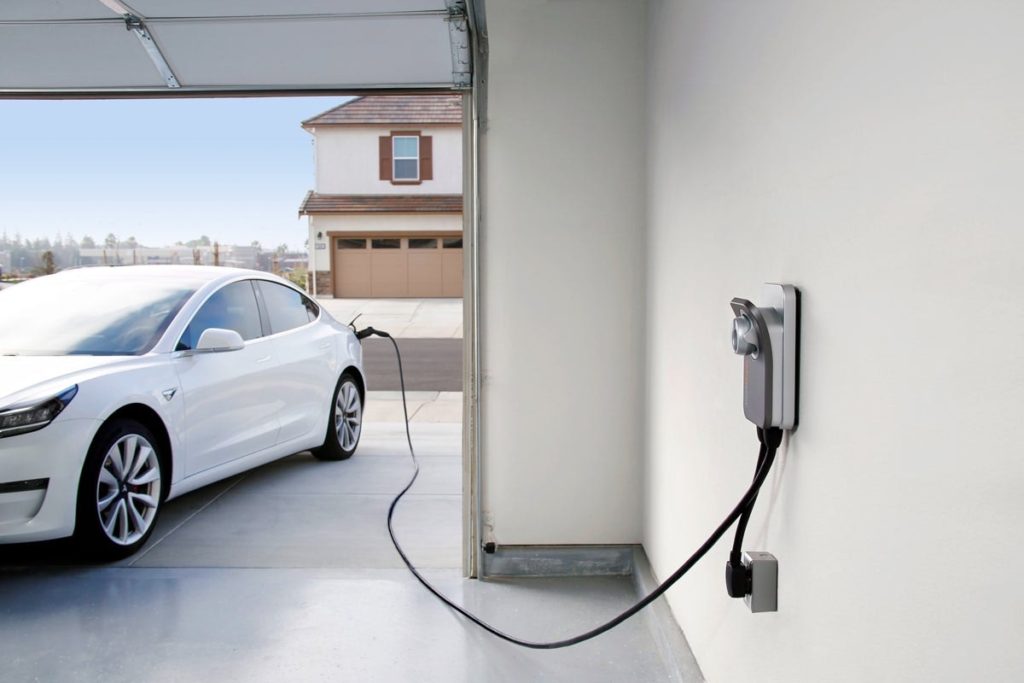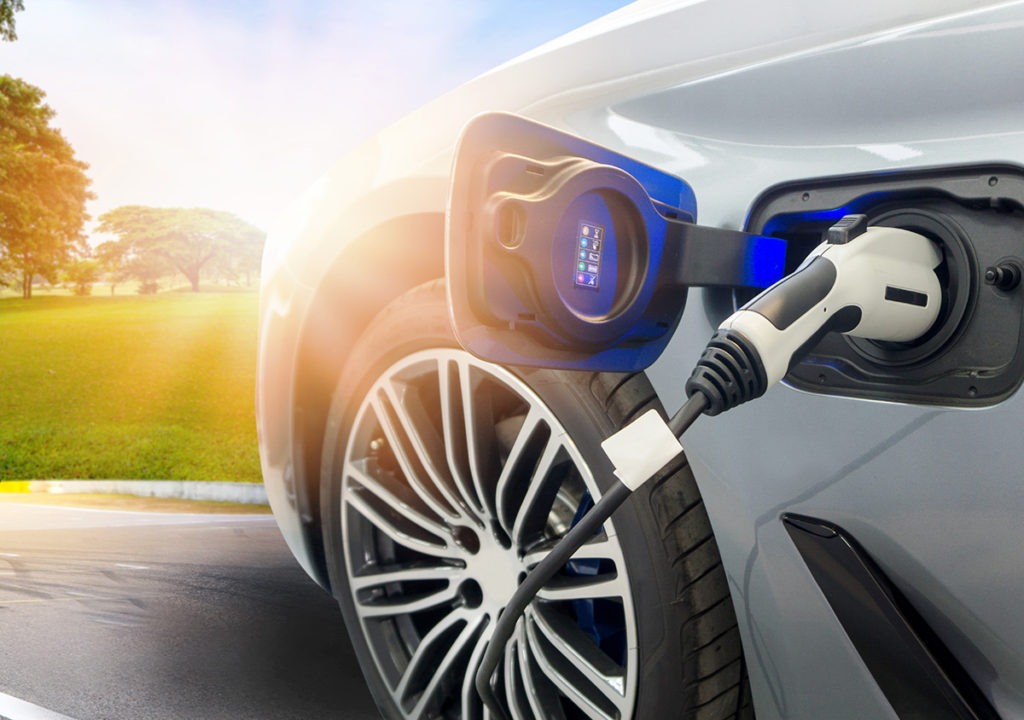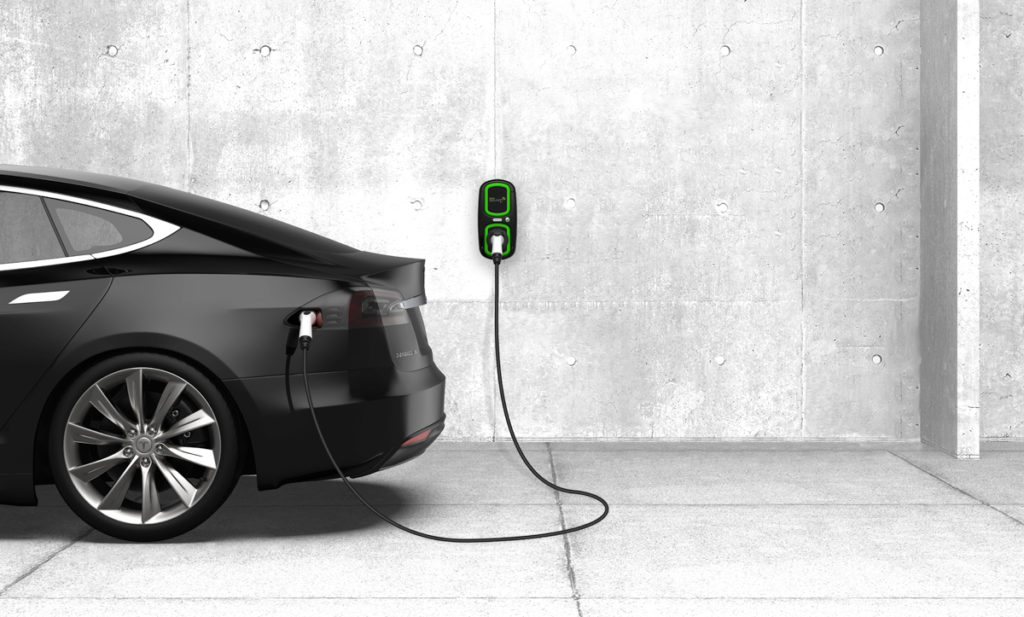Electric cars can provide you a cheap and environment friendly commute, but they come along this with some fundamental drawbacks of having a limited range coupled with a significant amount of recharging time.
Where it takes a gasoline/diesel powered vehicle to refuel in hardly 2-3 minutes, A modern Electric vehicle can take from around 75-150 minutes to recharge to its full potential. With their limited range and time-consuming recharges electric cars currently only seem reasonable as a 2nd car for short everyday commute.

Electric car manufacturers are pushing their R&D departments to work on overcoming these hurdles. An Electric battery being recharged can be imagined as a bucket of water getting filled, and you do not want to cause any spill overs, so the cars can charge at a much faster rate till about 80% of their capacity, Then they are trickle charged at a much slower rate to a 100%.Electric cars come with a number of charger types depending on their make and model.
- First comes in the single-phase AC type car charger range that can use up to 10 to 32 Amps of current providing 3 to 7.4 Kilo watts of power.
- Then you get the better three-phase AC type car charger range that can use up to 16 to 60 Amps of current per phase providing 11 to 43 Kilo watts of power
- Finally, You get the modern DC type chargers in Electric car charging stations can output up to 50 to 250 Kilo watts of peak power.
The market leading brand in electric cars Tesla have recently developed a Super-charging facility at charging stations that can charge at a peak power of 250 kilo watts for the compatible batteries in their newer model 3. This type of super charger at its best can charge up the car (a 75 Kw.h long range version) in under 60 minutes. That is a huge improvement in the EV industry.

Despite of all the advancement in charging times and cramming in larger batteries in Electric cars, Electric cars take a hit when it comes to intercity travelling. Travelling through the cities and countryside, there are many states and towns which do not have a Super-charging facility. And stopping for recharging in the middle of long journey can take about 2-3 Hours in that scenario. So currently inter-city travelling, and countryside journeys make a lot more sense in a typical gas-powered vehicle due to the availability of petrol/diesel at every nook and corner in towns.
Electric cars range also depend upon the ambient temperatures. On average there can be 20-25% difference in the range due to the change in the temperature. The ideal operation temperature for these lithium-based batteries is 20’ C (68‘F) to 30’C (86’F). Anything above or below that effects the charging and discharging rates. Winter tend to be more intense for them so affects the range much more than the summers season does.

But this does not stop enthusiasts from working on further development in electric cars. Some companies such as Rivian and Tesla are even developing pickup trucks with up to 125kwh battery capacities. Companies are working on developing a newer and faster battery architectures such as solid-state batteries to cope up with their petrol-powered rivals.
To conclude, there is no denying of the current hurdles EVs are facing, but they have surely captured the auto-market’s trend due to the benefits they carry. Most of the major manufacturers have started rolling out their electric line-up to jump on the bandwagon. The early adopters of this EV trend may face some hurdles in the start but with the technological advancements and infra-structure development, Electric cars are for sure going to rule the auto-industry in near future.